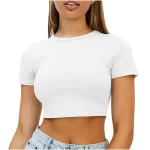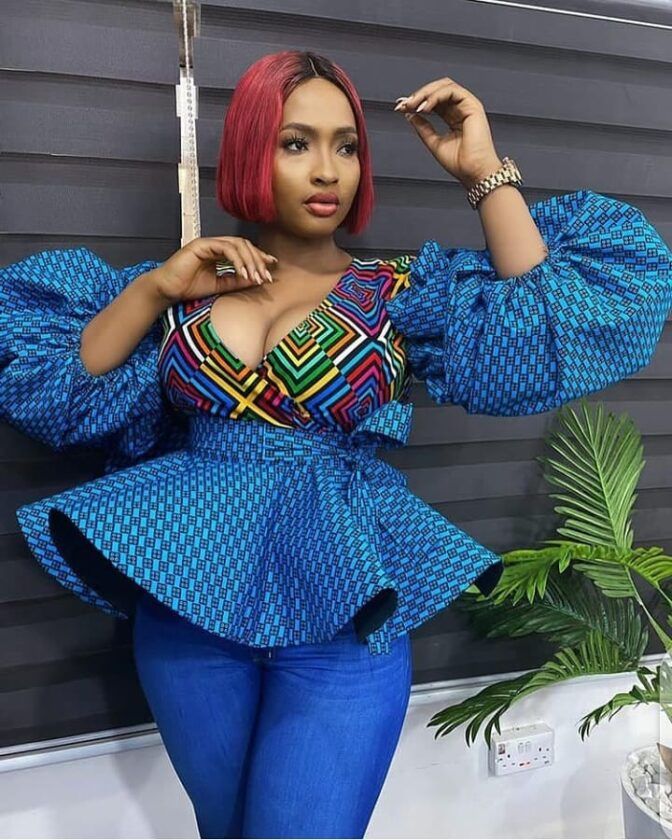Title: “Sustainable Tops: Eco-Friendly Materials and Ethical Practices”
In the age of environmental consciousness and ethical consumerism, the fashion industry is witnessing a significant shift towards sustainability. As consumers become more aware of the environmental and social impact of their clothing choices, the demand for sustainable tops crafted from eco-friendly materials and produced through ethical practices is on the rise.
The journey towards sustainable fashion begins with the materials used in garment production. Traditional textiles often rely on resource-intensive processes and synthetic fibers derived from non-renewable sources, contributing to environmental degradation and pollution. In contrast, sustainable tops embrace materials that prioritize environmental stewardship and promote circularity.
Organic cotton stands as a prominent choice for sustainable tops, cultivated without the use of synthetic pesticides or fertilizers. By eschewing harmful chemicals, organic cotton production reduces soil and water contamination while fostering biodiversity. Additionally, organic cotton farmers often employ regenerative agricultural practices that improve soil health and mitigate climate change impacts.
Bamboo fabric represents another eco-friendly alternative in sustainable fashion. Bamboo grows rapidly and requires minimal water and pesticides, making it a highly renewable resource. Moreover, bamboo fabric possesses natural antibacterial properties and offers breathability and softness, ideal for comfortable and stylish tops.
Recycled materials play a pivotal role in the sustainability narrative, offering a second life to post-consumer waste. Recycled polyester, derived from discarded plastic bottles and textile scraps, reduces reliance on virgin petroleum-based resources while diverting waste from landfills. Innovative technologies enable the transformation of recycled materials into high-quality fabrics suitable for a variety of top styles.
Innovative fibers such as TENCEL™ Lyocell and Modal, derived from sustainably managed wood pulp, exemplify the intersection of eco-consciousness and performance. TENCEL™ fibers boast superior moisture-wicking properties, breathability, and softness, making them ideal for crafting versatile and eco-friendly tops. Furthermore, the closed-loop production process of TENCEL™ ensures minimal environmental impact by recycling water and solvents.
Beyond material selection, ethical production practices are paramount in fostering sustainability within the fashion industry. Transparency and accountability throughout the supply chain, from raw material sourcing to manufacturing and distribution, uphold workers’ rights and promote fair wages and safe working conditions.
Certifications such as Global Organic Textile Standard (GOTS), Fair Trade, and OEKO-TEX® Standard 100 provide assurance of ethical and sustainable practices, empowering consumers to make informed purchasing decisions. By supporting brands committed to transparency and ethical production, individuals contribute to positive social and environmental change within the fashion industry.
In conclusion, sustainable tops embody a conscious commitment to environmental stewardship and social responsibility. Through the adoption of eco-friendly materials and ethical practices, fashion brands and consumers alike embrace a vision of sustainability that transcends fleeting trends and fosters a harmonious relationship between people and the planet. As the demand for sustainable fashion continues to grow, the journey towards a more equitable and environmentally regenerative future unfolds, one eco-friendly top at a time.









